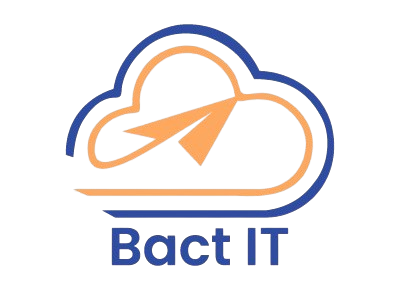C Programming

We are committed to equipping individuals and organizations with the tools and expertise they need to thrive in a rapidly changing digital world.
Request A Quote !
C Programming Course Outline
Duration: 40–50 Hours
Level: Beginner to Intermediate
Delivery Mode: Online/Offline
Tools Used: Code::Blocks, GCC, Visual Studio Code
Module 1: Introduction to C Programming
- What is Programming?
- History and Features of C Language
- Structure of a C Program
- Setting Up Compiler and IDE
- Writing and Running First C Program
Module 2: Variables, Data Types, and Operators
- Declaring Variables and Constants
- Basic Data Types in C (int, float, char, etc.)
- Input and Output using scanf() and printf()
- Arithmetic, Relational, Logical, and Bitwise Operators
- Type Casting and Type Conversion
Module 3: Control Flow Statements
- if, if-else, and Nested if-else
- switch-case Statement
- Looping Structures: for, while, do-while
- Using break, continue, and goto
Module 4: Functions in C
- Defining and Calling Functions
- Function Parameters and Return Types
- Function Declaration (Prototype)
- Recursion in C
- Scope and Lifetime of Variables
Module 5: Arrays and Strings
- Single-Dimensional Arrays
- Multi-Dimensional Arrays
- String Declaration and Initialization
- Common String Functions (strlen(), strcpy(), strcat(), etc.)
- Array of Strings
Module 6: Pointers in C
- Basics of Pointers and Memory Addressing
- Pointer Arithmetic
- Pointers and Arrays
- Pointers and Functions
- Dynamic Memory Allocation (malloc(), calloc(), free())
Module 7: Structures and Unions
- Defining and Using Structures
- Nested Structures
- Array of Structures
- Pointers to Structures
- Introduction to Unions and Differences with Structures
Module 8: File Handling in C
- File Operations: Open, Read, Write, and Close
- File Modes (r, w, a, etc.)
- File I/O Functions: fopen(), fclose(), fprintf(), fscanf()
- Working with Text and Binary Files
- File Error Handling
Module 9: Advanced Concepts (Optional)
- Command Line Arguments
- Preprocessor Directives (#define, #include)
- Creating and Using Header Files
- Introduction to Linked Lists (Basic Idea Only)
Module 10: Final Project and Assessment
- Develop a Real-Life Mini Project (e.g., Student Management System)
- Code Debugging and Optimization
- Oral Exam / Viva
- Certification from BACT IT Institute of Bangladesh
